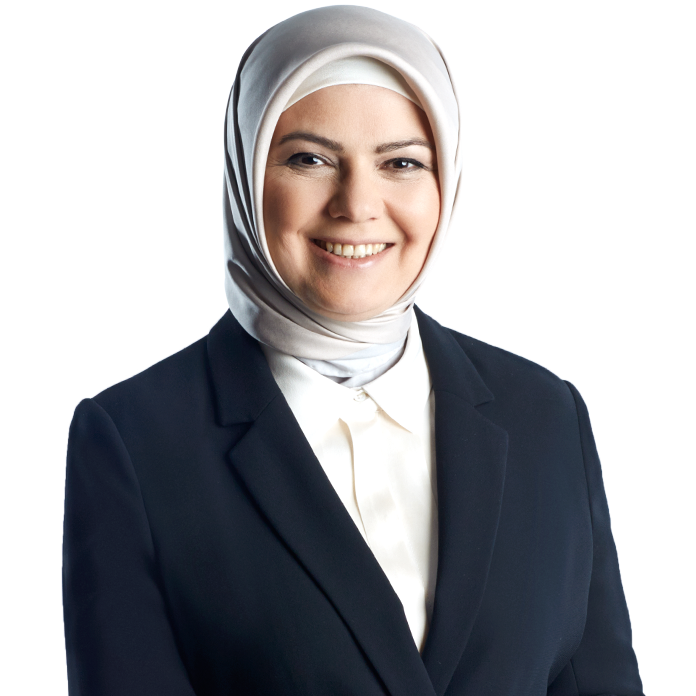Since 1997, Iranian women have insistently become candidates in every presidential election. They bring up this issue in every political debate, discuss it or make it be discussed, despite the mullahs and the constitution that considers this to be in contradiction with Islamic laws.
Article 115 of the Iranian constitution stipulates that individuals who are eligible to be president must be one of religious or political dignitaries (rijal). The objections of women start at this point, concentrating on the meaning and interpretation of the word "rijal" or “rajul.”
They say that the perception that only men are meant by the word “rijal” is a misinterpretation. In 2006, I interviewed Azam Talegani, Iran's first female presidential candidate who started these discussions. Talegani, who had been nominated four times since 1997 and whose nomination was refused each time, explained the reasons for her insistence on this subject as follows:
"Our language is Persian and we cannot consider the meanings which we give to the words that come from other languages as literal equivalents. On the contrary, they need to be understood in an intuitive sense. The word 'rijal' is mentioned 14-15 times in the Quran and is often used in the context of men. In some cases, however, it is being used to refer to an educated and elite individual who influences the society. This is the meaning of "rijal" in our dictionary which we refer to. 'Rijal' does not refer to men alone. For this reason, I was a candidate for the presidency in 1997 in order to force the Constitutional Protection Council to make a correct comment on this issue and start a discussion on this issue. The council rejected my candidacy. I became a candidate once again in the next elections. When I insisted this time, other ladies from conservative circles also became candidates…”
She continued, "The same responsibility for men in the constitution of society applies to women as well." This leadership of
Talegani pushed many women to become candidates for the presidential elections, despite the refusal of the Constitutional Protection Council each time. Dr. Mahbube Abbasgolizade is one of them. She is also one of those who, like Talegani, demanded permission for a presidential nomination during four legislative periods. Abbasgolizade said, "We cannot renounce gender equality because an Islamic law, which discriminates against women, is in force in Iran or because there is no democratic foundation in Iran. We are fighting for women's participation in the political sphere. And we want the removal of obstacles to women's participation even in the highest echelons. But we are also aware that it is not enough to just want this. The eligibility of women to become president or the female quota in politics cannot guarantee democracy in social life.”
Of course, this issue is not only among the Iranian women, but it is also the problem of the Islamic world. There is a need for a more realistic view of the situation and the evaluations of women in the Islamic world. Keeping women out of the agenda in a world where they are within the agenda is contradictory to the facts of life.
Sociologist Ali Shariati was one of the people who affected and changed the way the women of my generation view Islam. Shariati initiated the issue of woman under the topic of "women of the past, present and future,” which affected and changed the mindset of Muslim women in accordance with the spirit of the time. This change altered the meanings they ascribed to the religion, religious symbols and the way they viewed Islam, as well as pushing them to a position, where they stood out in social affairs and undertook responsibility. Unfortunately, Shariati's point of view which evaluated Islam together with today's people did not last with the same momentum in the next generations. The reason why I am referring to Shariati is because I see that the Islamic circle in Turkey, like the Islamic world, has turned to classic conservatism in its view of women. This circle's view of women's rights has lost its old dynamism and the traditional understanding of religion has begun coming to the forefront. There has also been a perception that all social issues have been solved after the liberation of the hijab in the public sphere. Of course, I take into consideration the spirit of time. It is ostensible, meaningless or post-truth!
A kind of hijab fatigue is arousing my interest in new generations which do not carry the spirit of wearing hijab in the framework of a new profile and identity. The meaning attached to wearing the hijab is being stripped of many meanings such as social and religious sensitivity and becoming a necessity.




















